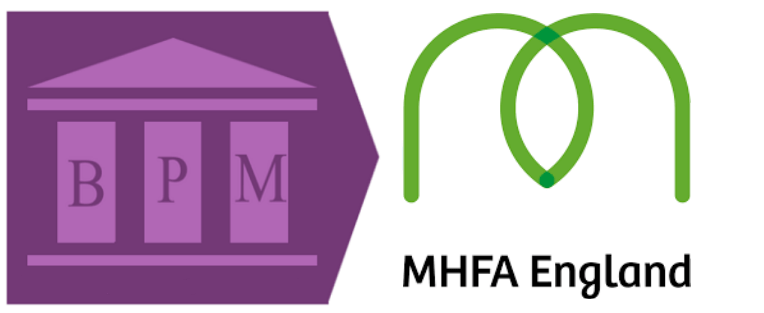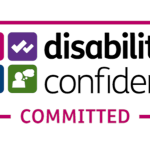MHFA England has trained four BPM employees as Mental Health First Aiders, equipping them to recognise and respond to mental health issues in the workplace. This training focuses on spotting signs of mental distress, offering support, and understanding mental health challenges. It aims to foster a supportive environment, empowering employees to assist colleagues effectively and contribute to a healthier, empathetic workplace culture.
Our Managing Director, said “At BPM we recognize the importance of taking a proactive approach to mental wellbeing in the workplace. Mental Health First Aid training helps to build skills and confidence across our teams to support colleagues who may be experiencing poor mental health. We want BPM to be a company where everyone feels able to talk openly and honestly about mental health issues without fear of stigma.”
MHFA England courses help organisations develop a culture of mental health awareness, reduce stigma, and improve employee wellbeing, covering common mental health issues including anxiety, depression, psychosis, and substance use issues. Employees learn how to assess a situation, listen non-judgmentally, reassure, and help their colleagues connect with the appropriate resources, including professional care.
The construction industry has traditionally valued ‘toughness’ and a ‘work through anything’ attitude, which has stigmatised any discussion of mental health issues. Around 73% of construction workers in the UK experience a mental health problem each year. However, many feel they cannot speak up for fear of being seen as weak. This stigma persists despite the fact that mental health issues impact worker safety, productivity and wellbeing. As BPM, we recognise the importance of breaking down this stigma and creating a culture of openness and support for our employees’ mental health. We want to show our workers that prioritising mental wellbeing is a sign of strength, not weakness, and that seeking help is an important part of self-care. By normalising discussions of mental health and providing access to resources and support, we hope to foster a more inclusive, caring workplace where our employees feel comfortable bringing their whole selves to work. Our workers’ wellbeing and happiness are top priorities, and positive changes to our attitudes and policies around mental health will help us achieve that goal.
Here are some ways the Mental Health First Aid training helps individuals understand and build confidence to support others in distress:
- The training provides education on common mental health conditions and their symptoms. By understanding the illnesses and what someone may be experiencing, individuals gain a real understanding, and confidence to provide the right type of support.
- Individuals learn active listening skills and how to have compassionate conversations with people experiencing mental distress. This can help reduce embarrassment or stigma around asking for help.
- Trainees practice helping skills through role plays and scenarios so they feel more prepared when real situations arise. They get feedback and coaching to build proficiency over time.
- The courses help eliminate misconceptions and assumptions about mental health issues, which reduces uncertainty when trying to support someone.
- Individuals gain an “action plan” of practical steps they can take to help a person in distress, such as reassuring them, staying present, helping make a plan and connect with professional care. Having this plan restores confidence to act in a helpful manner.
- Individuals come away with a broader understanding of mental health as a continuum, not a “diagnose/not diagnose” situation. This holistic view reduces apprehension about getting involved.
The overall aim is to give individuals the knowledge, strategies and confidence to recognise issues earlier and guide a person to the care they need – helping to save lives, promote recovery and create a happier, more supportive workplace.




